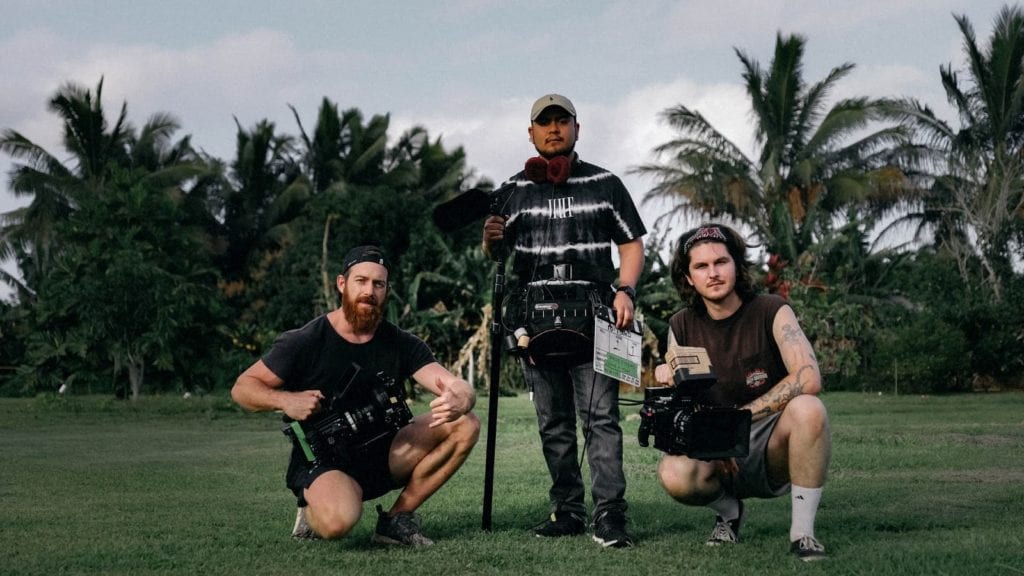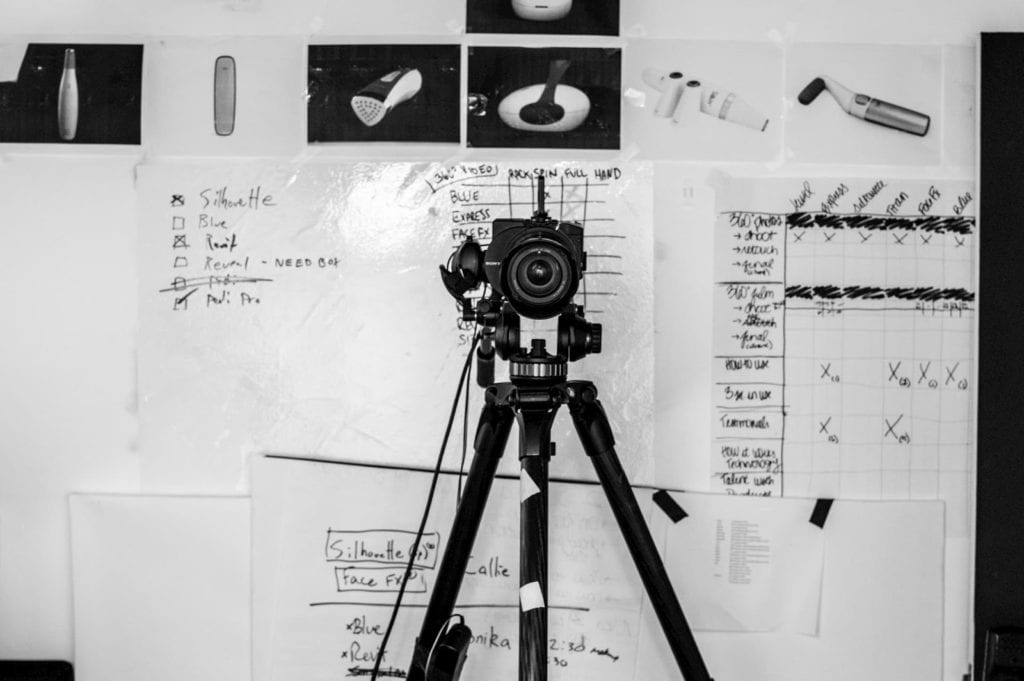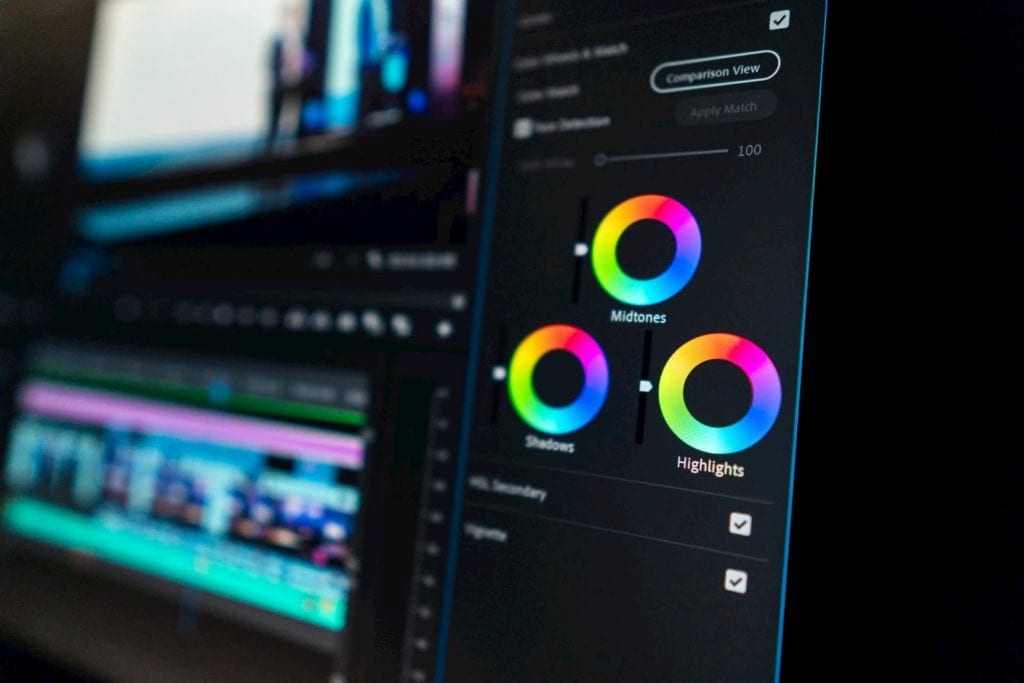The Most Important Things To Know About Film Budgeting
Typically, most beginners and outsiders assume filmmaking and the movie business to be this fascinating world full of fantasy, car chases, explosions, fame, and million-dollar contracts. And who pays for all this stuff, they may ask. Who’s in charge of the film budgeting and how do they do it?
“Oh, the producer guy or whoever just throws in wads of cash to finance the film, right?”
Well, in some cases, they’re not wrong — but in most cases, this is incorrect in many ways. There’s a lot more to the film industry that many people aren’t aware of. One of these things, which is typically ignored, is the intricacies of film production budgeting.
Film budgeting is a very crucial component to the pre-production phase regardless of the type of film you’re planning to make — whether it be a low budget short film, an independent feature, or a high budget Hollywood blockbuster.
Having a well-thought-out movie budget gives your film a better chance of being successful, in terms of quality and profits. It doesn’t necessarily matter how much money you have, especially if you’re working on micro-budget short films — what matters is how you budget and utilize the money and resources you have.
There’ve been films, such as The Blair Witch Project, with budgets as little as $60,000 that have been able to rack up millions of dollars in revenue. Now, we’re not implying that every low budget film will be a billion-dollar box office hit — we’re simply emphasizing that you don’t need a ton of money to make a great film. You just need to learn how to properly and creatively manage the money and resources you have available to you.
Now, without further ado, let’s dive into some important film budgeting tips that can help efficiently produce the films you’re dying to make.
When To Begin The Film Budgeting Process

Before we start breaking down the film budget, it’s important to understand when to begin budgeting for your film and the specific planning for each budgeting phase.
Generally, if you’re a producer or independent filmmaker with an idea for a film, you should start with a non-detailed, estimated preliminary budget. This particular budget will contain an estimated total of all the potential costs and accounts you’ll need to purchase for the film. This is created to secure financing from investors.
Once you’ve gathered the necessary funds needed to make your film, you’ll need to construct a more in-depth and detailed film budget. This will usually occur after hiring the key members, or department heads, of your production. This more detailed budget will be much more complex with finalized costs and planning.
If you’re wondering how to construct an actual film budget, you should look into film budgeting software, such as Movie Magic, where you can use budgeting templates that can be of great help during the process.
Best Tools For Creating And Managing A Film Budget
Above-The-Line And Below-The-Line Personnel

The first phase of any film production is the development phase. It’s where your idea and story are born and gradually developed into a full-fledged screenplay, backed by key creative members to put the pages to the big screen.
Above-The-Line
The above-the-line section of your movie budget consists of the costs needed to carry out the development phase and the phases that follow for your film. It’s generally the most expensive section of your movie budget because that’s where you’ll be paying the key members of your production — such as the screenwriter, director, producer, cinematographer, and talent.
These individuals are the ones involved in financial planning, scheduling, hiring, prepping, drafting, and rehearsing for your film. Depending on the scale of your production, they may need to be paid before you even begin filming.
Below-The-Line
The below-the-line section of your movie budget contains key crew members — who aren’t so much involved in the development and pre-production phase — that will be heavily involved on set during production. These crew members typically consist of the production assistants, 1st ADs, camera assistants, grips, costume designers, makeup artists, sound mixers, etc.
You will need different personnel for each phase of production for both above-the-line and below-the-line. Pre-production and production will consist of your above-the-line members, where production and post-production will have all your below-the-line crew members.
Depending on the film budget of your production, you may not have the funds to pay all these important crew members. Don’t worry! We have a quick film budget cost savings tip that can help you.
The Film Fund Budget Tip
In order to save some money, determine which members you don’t necessarily need and which ones you do need. It’s also smart to put on multiple hats if you may not be able to hire certain crew members. This way you don’t need to pay great sums of money for positions you can likely do yourself.
Not all film productions need a VFX artist, or a stunt coordinator, especially if you’re working with a minimal short film budget or even a dramatic feature film. Your budget will depend entirely on your film’s genre and its contents.
So, if you know that you may not be getting hundreds of thousands, or even millions, for your film production, you may want to scrap the crazy car chases, elaborate fighting choreography, and breath-taking special effects from your script. Independent filmmakers and beginners should stick to creating more practical scripts. This will teach you how to be more creative and resourceful with the budget you have.
Pre-Production Budgeting

Once you’ve secured a team of creative and determined individuals involved in the production, you’re going to need to account for pre-production costs.
These are typically some costs associated with:
- Rehearsals Costs – Allowing enough time for the director to coach and conduct practice shoots with the talent.
- Preparation Costs – Time needed for certain crew members to gather and test certain equipment at certain locations.
- Scouting Costs – Time needed to check out certain locations for your shoot.
- Production Design Costs – Time needed to conjure up visuals and ideas for the overall look of the set designs.
The Film Fund Budget Tip
Pre-production can often be a very long, unorganized, and costly phase in production. To save money, you should construct a well-thought-out plan and schedule for any days where there will be meetings with your key creative members, rehearsals, prep, scouting, etc.
Note that depending on how much money you’ll have and the scale of your production, you may or may not need to account for all these costs in your film budget.
Production Budgeting

This section in your film budget will consist of all the costs associated with production. This will make up the majority of your film’s costs, however, the most expensive costs will still be paying your talent and crew member wages.
There can be a lot of expenses in this area depending on your film. If you’re planning on shooting a more professional-looking film, you will need to consider a few costs, such as:
- Equipment
- Production Design
- Costumes
- Hair and Makeup
- Locations
- Traveling
- Catering
These are just a few of the key production costs that will go into your film. If you’re working with a tight short film budget, you shouldn’t worry too much about getting the top-notch equipment, costumes, locations, etc.
The Film Fund Budget Tip
You should focus on getting the best equipment and materials you can afford.
Some of the equipment you’re going to need to buy or rent will be cameras, lights, tripods, stabilizers, dollies, and sound equipment.
Tips For Minimizing Your Sound Design Budget
Post Production Budgeting

Like many aspects of your film budget, your post-production budget will depend heavily on the specific genre and scale of your film.
Are you going to need any CGI (computer-generated images)? Are you planning on having original music for your film?
If you’re shooting a low budget drama, you’re likely not going to need to worry about hiring multiple editors and VFX artists. But if you’re working on a sci-fi film, that’s something you’re going to need to consider.
You’re going to need to consult with your editor to determine how much he/she prefers to be paid over a certain period of time. Some productions can take months to edit, and some, only a few days.
The Film Fund Budget Tip
Make sure you communicate with your editor about the amount of time they have to complete the edits to avoid having to pay more than you need to.
Also, if you’re planning on having original music in your film, you’re going to need to hire a music composer, and possibly multiple musicians to develop the music for you. Again, speak with these artists on rates and the window of time it will take to complete these projects.
Script Breakdown

One of the first steps for formulating and finalizing your film budget is breaking down your script. When breaking down your script, you will be determining how many pages you’ll shoot in a day, as well as the total amount of days you will need to shoot your film.
Knowing how many days you will need to shoot your film will ultimately determine your budget and the amount of money you’ll be using each day.
The Film Fund Budget Tip
Determine which personnel (crew, talent, extras) and equipment you’ll need for each day of shooting. You don’t want to pay extra for having people on set you don’t need.
Once you’ve broken your script down by pages per day and have any idea of the specific equipment, personnel, and time needed for each day, you should begin constructing a shooting schedule.
If you’re wondering how to make a shooting schedule or how it will greatly help your film production, take a look at our previous post where we go more in-depth on the importance of production schedules.
Conclusion
Hopefully, these film budgeting tips and information drew a better picture for you on the complexities of film budgeting and planning.
You will need to account for costs in all aspects of your production, depending on the scale and budget of your film. Some phases of your production will have much higher costs and expenses than others. If you’re working with a low budget short film budget, or feature, figure out which costs you need and don’t need.
Some movies will have million-dollar budgets and some will only have a few grand. Don’t let a lack of money turn you away from making your film. Rather, have it be the motivation to want to make it.
Be creative. Get inspired by others. And most importantly, don’t give up.
If you’re looking to get funding for your film, check out our one-sentence pitch competition for the chance to win up to $10,000 in funding and other prizes for your film.